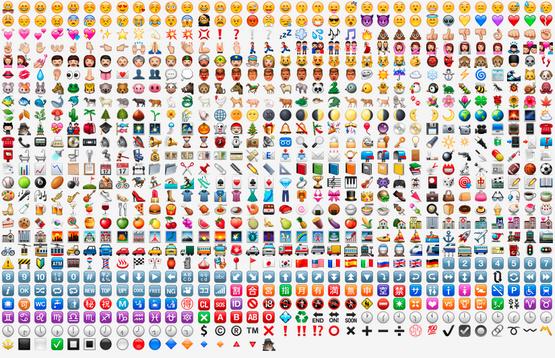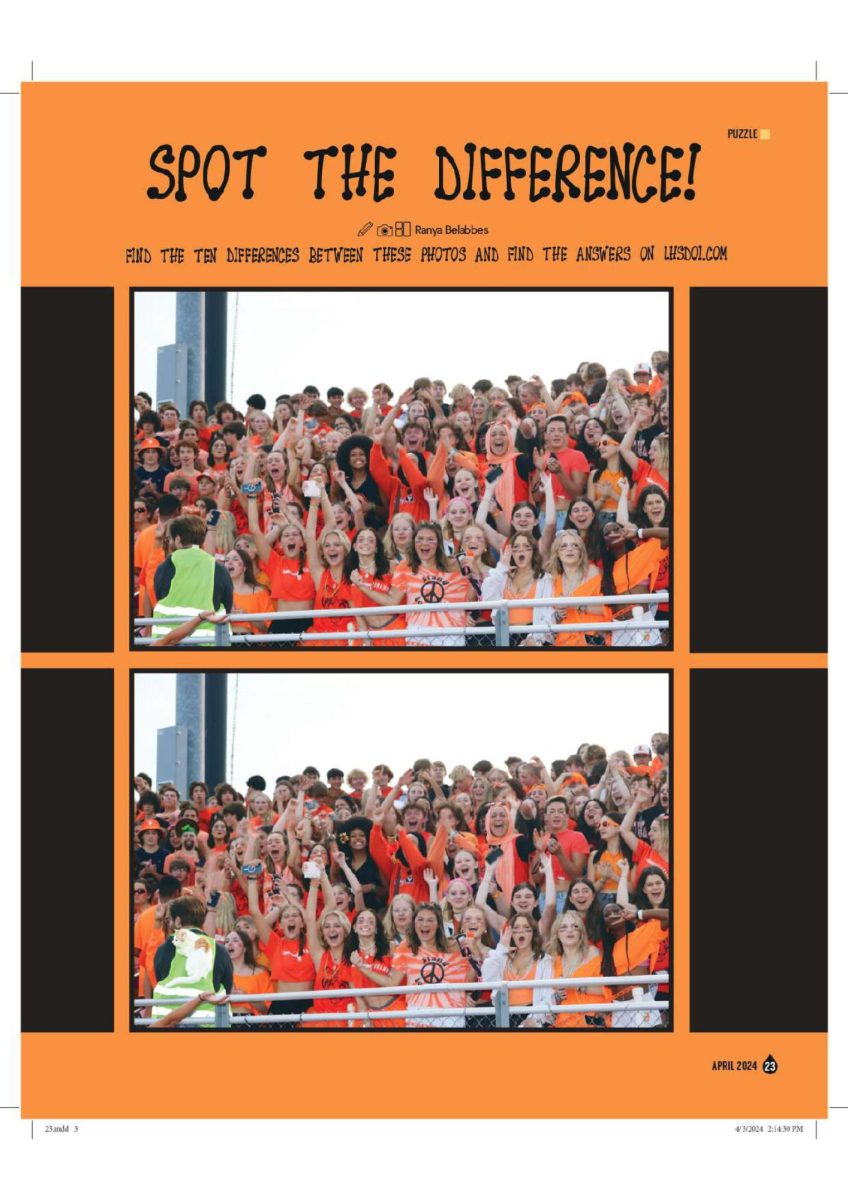Emoji History
Emojis have been around since the 1990s. However, they have only recently become popular. According to The Verge, a media website for teenagers, emojis were first created by Shigetaka Kurita in Japan for the company he worked for, NTT Docomo. This company originally created pagers. When they released their newest model for a pager and it didn’t satisfy customers, they realized they had to come up with something quick before all their customers flocked to a rival company. Emojis are what Kurita came up with. “Emoji” means “picture-word” in Japanese. Because they are Japanese-based, most emojis were made to fit the trends in Japan. Each emoji also has a specific name.
Emoji vs Emoticons:
Many people confuse emojis with emoticons. Emoticons are faces and images created with parentheses, semi-colons, colons, dashes and letters such as 🙂 😉 :0 =D 😛 8D :/ 🙁 :> O.o =(. The creation of the emoticon is credited to a man named Scott Fahlman. On the other hand, emojis are icons used to show how you feel or what you’re doing. Emojis, unlike emoticons which you create yourself, have now becoming a standardized feature on phones. Companies like Android and Apple have even created their own versions of each emoji. Because emojis are standardized codes within a phone or computer, each one has the same, basic layout on any device. However, because you make emoticons yourself, the possibilities are endless.
Diversity Argument
Currently there is an argument revolving around the diversity of emojis between Apple (as well as other companies) and civilians. Emojis were added to the Unicode Standard around 2010. The Unicode Standard is a character coding system that provides a standard for all emojis. Apple’s defense, as to their reasonings behind not releasing more diverse emojis, is that the emojis they have available are based on the Unicode Standard but they are trying to change and update what the standard is. Presently, there is a draft for something called the Fitzpatrick Scale (a standard scale for skin colors), which will allow users to choose what skin tone they want their emoji to have. According to Unicode, this is supposed to come out sometime mid-2015.
Why Have Emojis Become Popular
Many have embraced the creation of the emoji. It allows for messages to be told faster, and with less effort. They allow for texting limits to not be exceeded. In a sense, it makes the text come alive and adds personality to the conversation. Giving a visual instead or along with written text helps to correctly convey the author’s mood. However, they can also cause problems. Freshman Lewis Wang agrees that emojis are “quicker than typing words.” But he chooses not to use them because he believes “there’s no reason to.” He believes saying what you’re doing or thinking is quicker than sending an emoji with the chance that someone won’t understand it. Another freshman, Megan Fahey, believes people don’t usually use emojis in the correct tense, so she ends up getting confused and annoyed. Emoji popularity only excels among those who have a good experience using emojis.












